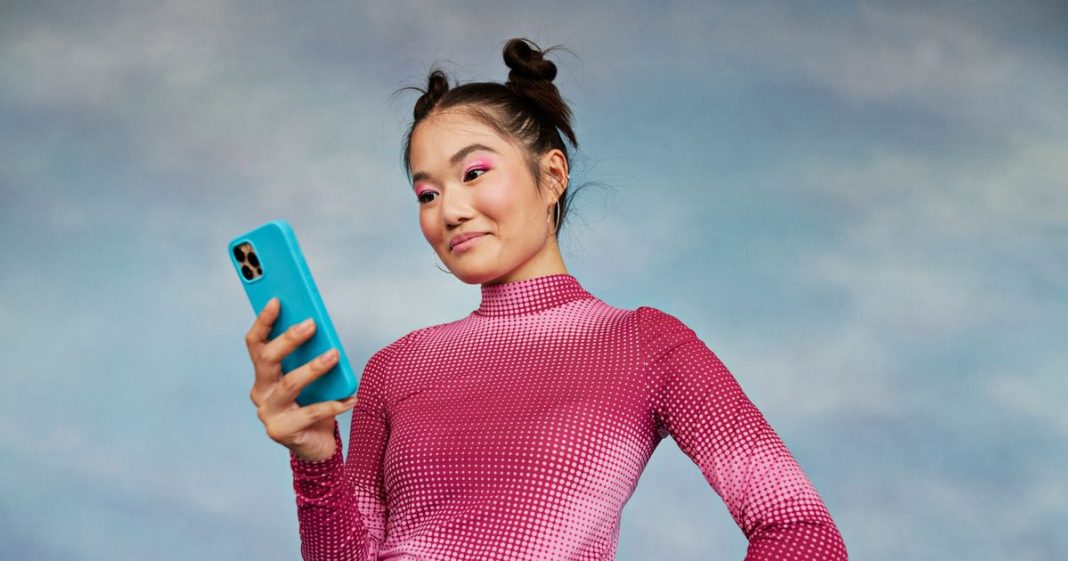HMRC rules could end in a financial penalty, warns one specialist
Thousands of Brits who post pictures of their dinner or holidays on social media could face shock penalties from the tax authorities. HMRC is cracking down on so-called micro-influencers – social media users with as little as 1,000 followers – who bag freebies or payments for their posts.
Revenue officials have made clear that anything worth more than £1,000 annually, whether that’s cash payments or goodies like clothes, gadgets or holidays, needs to be declared. Anyone who doesn’t file a self-assessment return by 31 January will face an immediate £100 penalty.
The charges escalate dramatically: daily penalties of £10 kick in after three months, reaching up to £900; followed by a 5% levy, or £300, after six months – with the same sum applied again if the bill remains unpaid after 12 months, reports Chronicle Live.
Whilst complimentary items under £50 given with no promotional strings attached are generally exempt, most commercial brand partnerships will count as taxable earnings. Industry specialists warn that roughly 400,000 wannabe influencers across the UK could be affected, alongside others earning extra cash through online selling platforms or dabbling in cryptocurrency.
Mitch Hahn, head of specialist influencer accountants Nordens, said: “If you earn from influencing alongside other jobs, HMRC looks at total income. “Side earnings of any kind can push you into higher tax brackets. If you’re influencing on the side, you have a £1,000 personal allowance before you have to start paying tax.”
He further explained: “But, even for those earning money from content creation on the side, these earnings could make you liable for tax, with gifts you receive from brands potentially being part of your tax obligation, say experts. If you’re not careful, these additional gifts and payments could lead to fines from HMRC.
“Not every freebie is automatically income. If a brand sends you a small gift with no obligation to post, say a £50 candle, this is usually considered a genuine gift, not taxable,” Mitch elaborated.”
Similarly, occasional low-value items (under £50) without any expectation of promotion generally don’t need to be declared.
He added: “Good record-keeping habits help avoid surprises when it comes to tax season, as well, so make sure you keep track of everything related to your influencing work. You can either use a spreadsheet or there are a number of apps that can help you keep things organised.”
You’ll likely need to claim gifts you’ve received on your tax return if you: earn over £1,000 from influencing in the tax year, receive gifts worth over £50, receive gifts in return for promoting services or products on social media. He said that while free products can feel like a perk of being an influencer, HMRC sees them differently.
If a brand provides you with something and expects promotion in return, that gift is treated as a form of payment – meaning it’s taxable. The rules form part of a wider Government crackdown on tax evasion, believed to have cost the Treasury an eye-watering £12.4 billion in a single year.
Under a forthcoming digital reporting scheme, almost 900,000 small business owners could be hit with new compliance costs of up to £500. This regulation, due to come into effect from 6 April 2026, will target individuals earning a minimum of £50,000 from self-employment or rental properties.
#HMRC #brutal #social #media #tax #rules #catch #thousands #people





